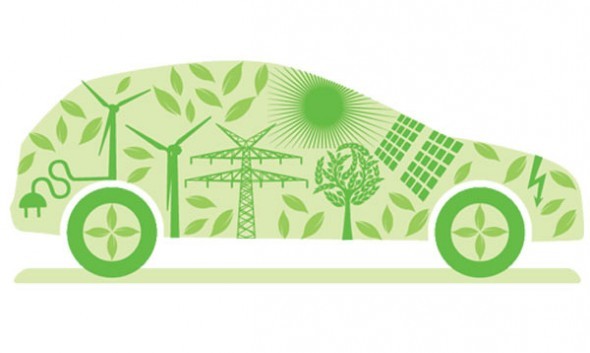CUB Appointed to Oregon DEQ Rulemaking Advisory Committee
Posted on December 15, 2020 by Mike Goetz
Tags, Energy

Launched in 2016, the Oregon Clean Fuels Program (CFP) is designed to decrease the amount of greenhouse gas (GHG) created during the life cycle of fuels used in the state. The original iteration of the CFP had a goal of decreasing the amount of pollution allowed from transportation fuels used in Oregon by 10 percent by 2025 (compared to 2015 levels). This year, the Oregon Department of Environmental Quality (DEQ) opened an electricity rulemaking process to focus on accelerating the generation and aggregation of CFP credits. I was honored to be approached by Oregon DEQ to serve on a rulemaking advisory committee (RAC) to help influence and inform this important rulemaking.
In a series of workshops that began on September 24 of this year, I have had the pleasure to work alongside a number of talented individuals from a variety of backgrounds on the RAC. The draft rules, which are now available to the public, represent the hard work of the Oregon DEQ, RAC, and interested members of the public who have made their voices heard. The RAC provided guidance to DEQ on several complex policy issues associated with the rulemaking. Together, we rolled up our sleeves to help create a transportation sector in the state that is more equitable while simultaneously reducing GHG emissions.
The largest departure from the original CFP may be the addition of “incremental credits.” Traditionally, CFP electricity credits could only be generated by the charging of an electric vehicle. Incremental credits are generated by an action to further lower the carbon intensity of the electricity charging the electric vehicle. For example, a utility can purchase renewable energy credits (RECs) on the market to further lower the carbon intensity of its electric grid mix. RECs represent the environmental attributes associated with renewable energy generation. RECs have long been used to track the green benefits of renewable energy. Incremental credits are an innovative mechanism to lower the carbon intensity of Oregon’s fuel mix while providing a valuable credit revenue stream that is independent of ratepayer funds.
If you think reducing GHG emissions while holding customers harmless is exciting to CUB, you are right. While parties have broadly agreed on how to implement the incremental crediting mechanism, the same cannot be said for who should be responsible to aggregate incremental credits and where the monies should be spent. The utilities prefer a model in which they aggregate the credits and spend them on transportation electrification programs. But CUB and a group of advocates have pushed for the establishment of an equity advisory committee to help oversee these funds and ensure they are spent on projects and programs that advance equity in the transportation electrification space.
As written, the DEQ’s draft rules provide for an equity advisory committee to help govern the spending of these new dollars. While many details still need to be ironed out, CUB broadly supports the draft rules as written. We believe they will help advance transportation electrification while providing benefits to communities that have largely been left behind.
The process is not over, however. The filing of draft rules merely marks the end of the informal rulemaking process and the beginning of the formal notice and comment rulemaking process. For those interested, the Oregon DEQ is still actively soliciting comments regarding the draft rules.
CUB would like to thank the Oregon DEQ and all participating stakeholders for their hard work in this process. We look forward to implementing the policies addressed in this rulemaking, and to participating in the subsequent rulemaking to expand the CFP.

To keep up with CUB, like us on Facebook and follow us on Twitter!




12/15/20 | 0 Comments | CUB Appointed to Oregon DEQ Rulemaking Advisory Committee